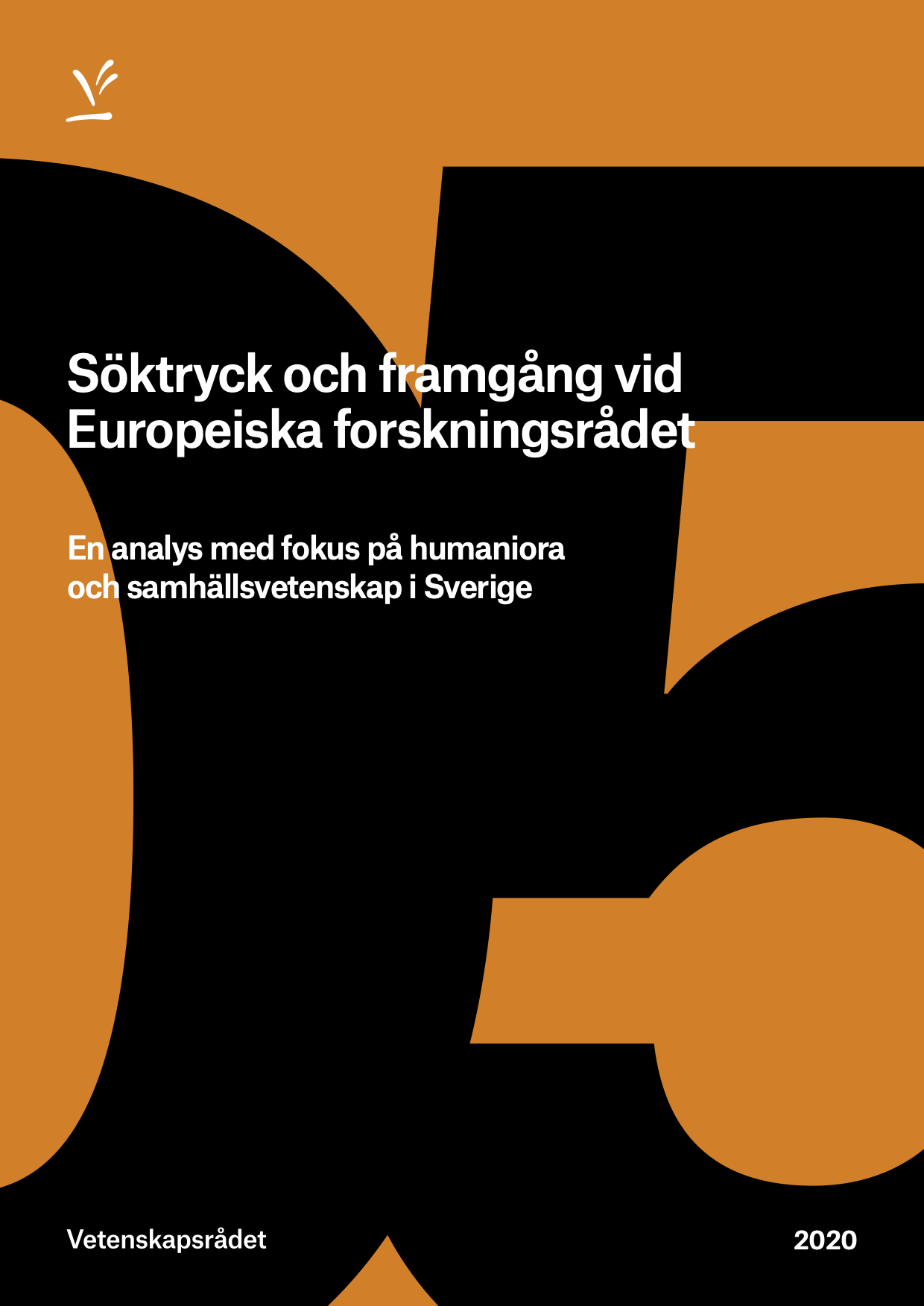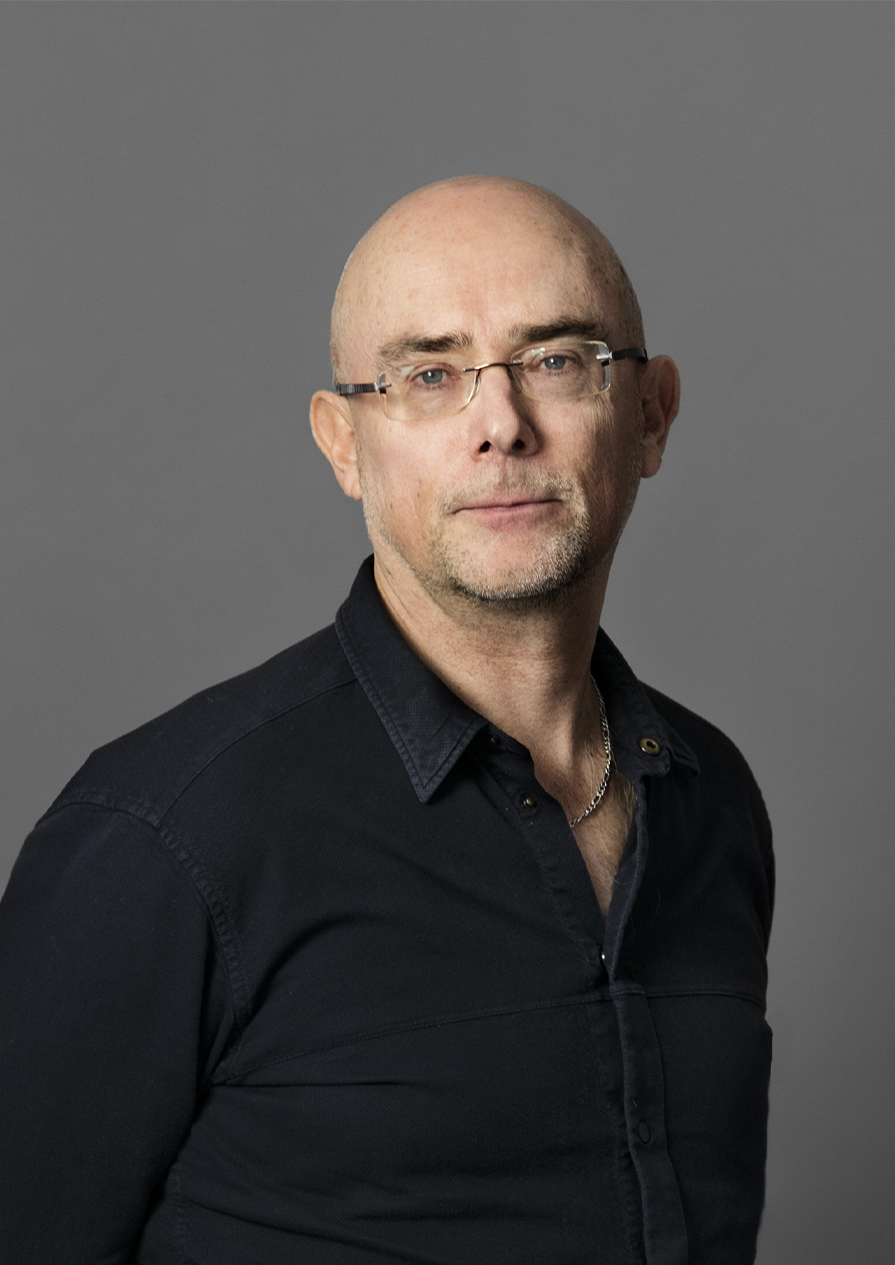News
News
PublISHED ON
UpDATED ON
How researchers and higher education institutions can increase the chances of ERC support
Why are some areas under-represented when the ERC gives out European research grants to prominent researchers in Sweden? A new study highlights challenges and opportunities for those who conduct research in humanities and social sciences.
A new report from the Swedish Research Council describes how successful Swedish reseachers in humanities and social sciences have been in receiving funding from the European Research Council, ERC, and what the researchers themselves think about opportunities and obstructions. The results may be interesting also to other research fields.
–This is an important report showing that what we thought was the problem, that Swedish women have not done very well in humanities and social sciences, is not the case at all. Instead, the problem is that Swedish researchers in the area apply for ERC funding too seldom. Here, there is every reason for research funding bodies and higher education institutions to support the best researchers, to ensure that those who have a chance of getting a grant actually apply, says Stefan Svallfors, Secretary General at the Swedish Research Council.
The number of applications for research grants from the ERC is markedly lower in humanities and social sciences than in other research fields in Sweden. On the other hand, women and men apply to the same extent, while the gender difference is greater in other research fields.
The interviews that we have carried out show that general knowledge about the ERC is often lacking. Many researchers are asking for support and clear information about the preconditions for applying and for career planning. Lack of research time at work and uncertainty about what applies in relation to indirect costs are some factors that may contribute to researchers choosing not to apply for ERC grants. Here are some of the proposals in the report, which also includes proposals for other actors:
For researchers
- Plan your career. Make sure the planning also includes your choice of co-authors and language for publications.
- Ask for help from the HEI’s support unit, or from NCP if there is no support unit.
- Find out what applies in relation to indirect costs at the HEI, and what administrative and financial support the HEI can offer.
- Re-apply. Most of the people who get ERC grants have applied more than once. To make sure there is time to apply more than once, apply early and do not wait until the last possible year to apply for StG and CoG.
For higher education institutions
- Produce a clear strategy for ERC grants at the HEI. The strategy needs to include aspects such as employment forms, the handling of indirect costs, and researchers’ access to administrative support. It is important that the strategy creates good incentives for researchers and departments.
- Inform the researchers about the HEI’s strategy for ERC grants.
- Support and build up good research environments.
- Consider whether the way the HEI uses the employment form associate senior lecturer should be included as part of the strategy for ERC grants at the HEI.
- Highlight local examples.
- Work actively on disseminating information issued by the NCP and ERC.
- Create and use alumni networks and mentorships.
- Offer language checking of applications to the ERC.
MORE WITHIN THE SAME SUBJECT AREA
-
News |
Published 11 April 2024
The ERC has published the results of last years call for ERC Advanced Grant. 255 researchers from 20 different countries are awarded the grant. 10 of them are affiliated to a Swedish host institution.
-
Activity |
Published 20 March 2024
The Swedish Research Council is organising a workshop series for European Research Council (ERC) Starting Grant step 2 candidates to obtain advice and inspiration for the interview with the ERC panel. Target group is Reseachers that have applied with...
-
Activity |
Published 5 February 2024
Welcome to an information webinar about the next call for ERC Starting Grant (ERC-2025-StG) and ERC Consolidator Grant (ERC-2025-CoG). The meeting is aimed at researchers and administrative staff at Swedish universities who work with research support...





